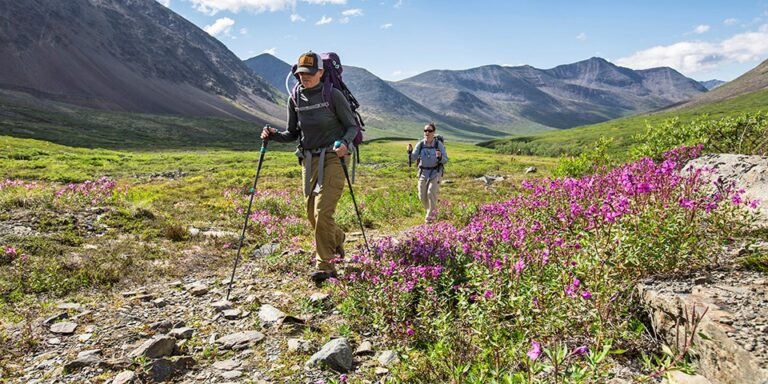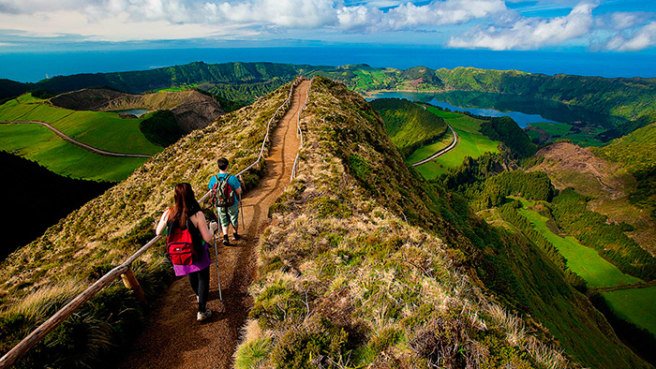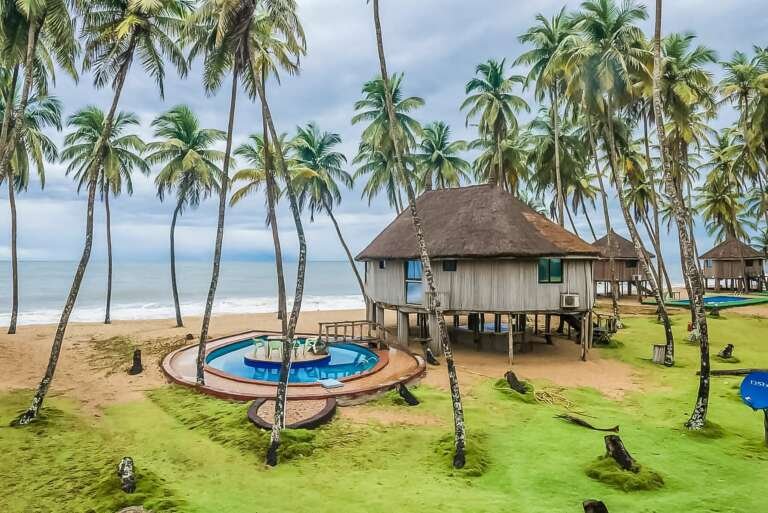Discover beautiful places all around you at TouristLookup
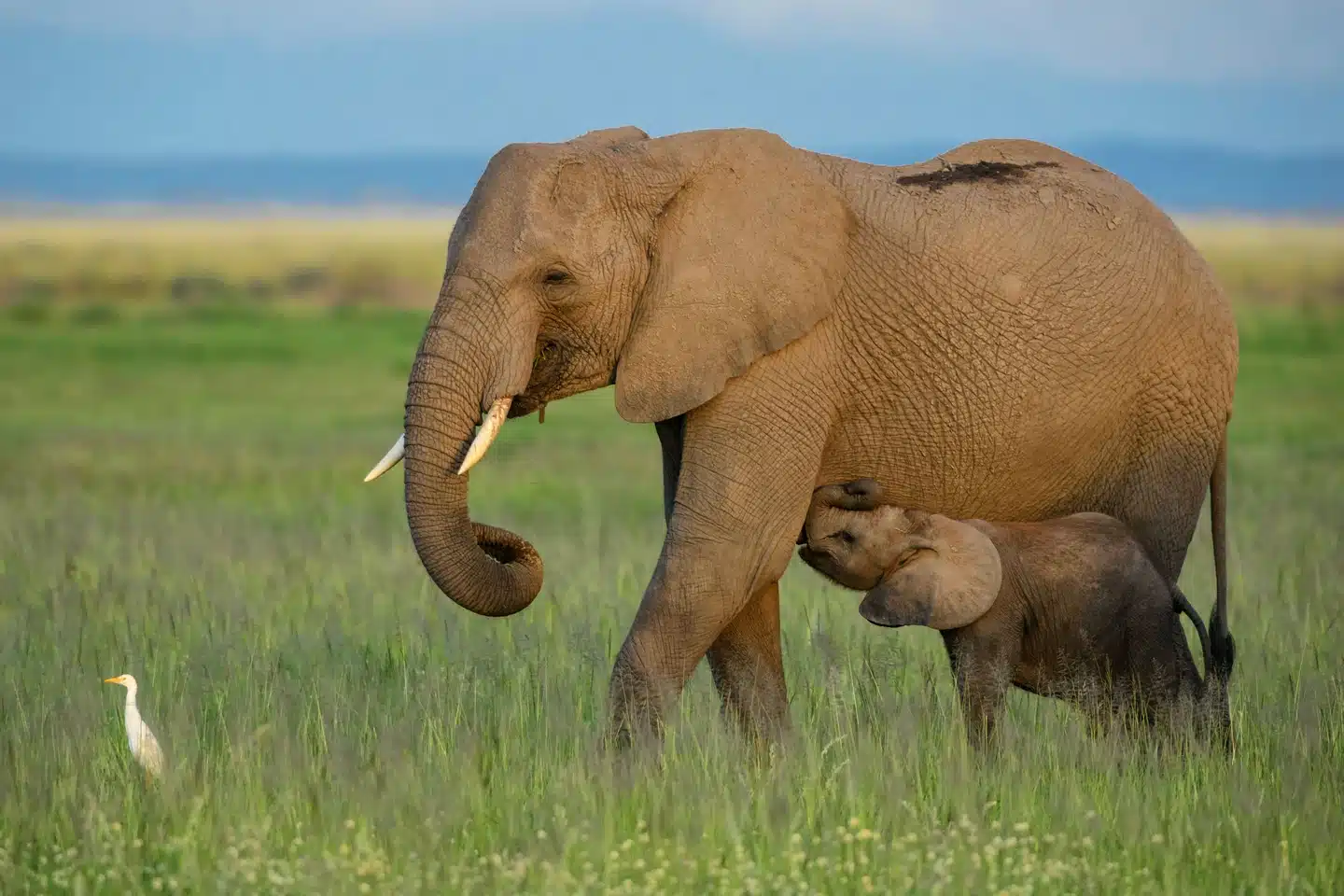
National Parks in Nigeria: A Must-See Destination
Welcome to Nigeria, the land of diverse natural beauty! With over 1,000 species of birds, 4,000 species of plants, and 320 species of mammals, Nigeria is a wildlife enthusiast’s paradise.
And what better way to experience the raw beauty of nature than to visit its national parks?
National parks in Nigeria serve as a sanctuary for wildlife, a recreational space for tourists, and a place for scientific research. These protected areas are home to various plant and animal species and offer a glimpse of the country’s rich cultural heritage.
In this post, we will be sharing with you the top 10 must-visit national parks in Nigeria. Whether looking for adventure or just relaxing in nature’s lap, these parks are a perfect destination.
So, if you are planning a trip to Nigeria, you shouldn’t miss out on these parks as they offer breathtaking views, diverse wildlife, and a memorable experience. Let’s now dive in:
10 Best National Parks In Nigeria
Nigeria is home to some of the world’s most beautiful and diverse natural landscapes. From stunning waterfalls to wildlife reserves, Nigeria has it all.
1. Yankari Game Reserve

The Yankari Game Reserve is one of the most exciting and best national parks in Nigeria. It’s located in Bauchi State – this is one of those areas where you can experience Nigeria’s natural beauty in all its fullness and glory. Interestingly, it is the biggest national park in Nigeria.
One eye-catching reason anyone should visit this beautiful national park in Nigeria is its unique natural habitat. It is home to over 50 species of mammals, including elephants, lions, baboons, and antelopes.
The park’s most famous attraction is the Wikki Warm Spring, a crystal-clear natural pool that remains warm throughout the year. Visitors can enjoy game drives, guided walks, and swimming in the spring.
If you intend to visit this beautiful place during your holidays or vacation, the best time to visit Yankari National Park is between December and May, when the weather is dry and perfect for wildlife viewing.
Accommodation options in the park include Yankari Safari Lodge, Wikki Camp, the Yankari Game Reserve Motel as well as bungalows, and campsites.
Visitors should take precautions against pickpocketing, keep a safe distance from wild animals, and should not wander off alone at night. Don’t forget to pack light and comfortable clothing, hiking boots, sunscreen, insect repellent, and a hat.
2. Gashaka-Gumti National Park
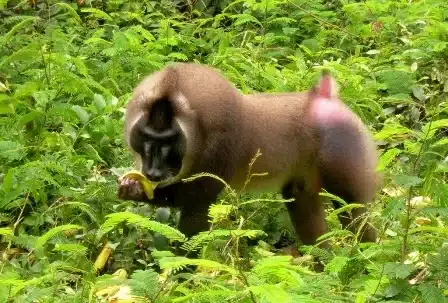
Gashaka-Gumti National Park is Nigeria’s most diverse park, covering over 6,000 square kilometers. Located in Taraba State, the park is home to over 100 species of mammals, including elephants, gorillas, and chimpanzees. Visitors can enjoy hiking, birdwatching, and camping in the park’s breathtaking landscapes.
The best time to visit Gashaka-Gumti National Park is between November and April, when the weather is dry and perfect for hiking and observing wildlife.
Visitors should pack warm clothing, hiking boots, sunscreen, insect repellent, and a hat.
Accommodation options in the park include campsites, lodges, and chalets e.g, the Gashaka Lodge and the Serti Hotel which are great places to relax while having a fun time in Nigeria.
Visitors should take precautions against mosquito bites and wild animals and should not wander off alone at night as well.
3. Cross River National Park
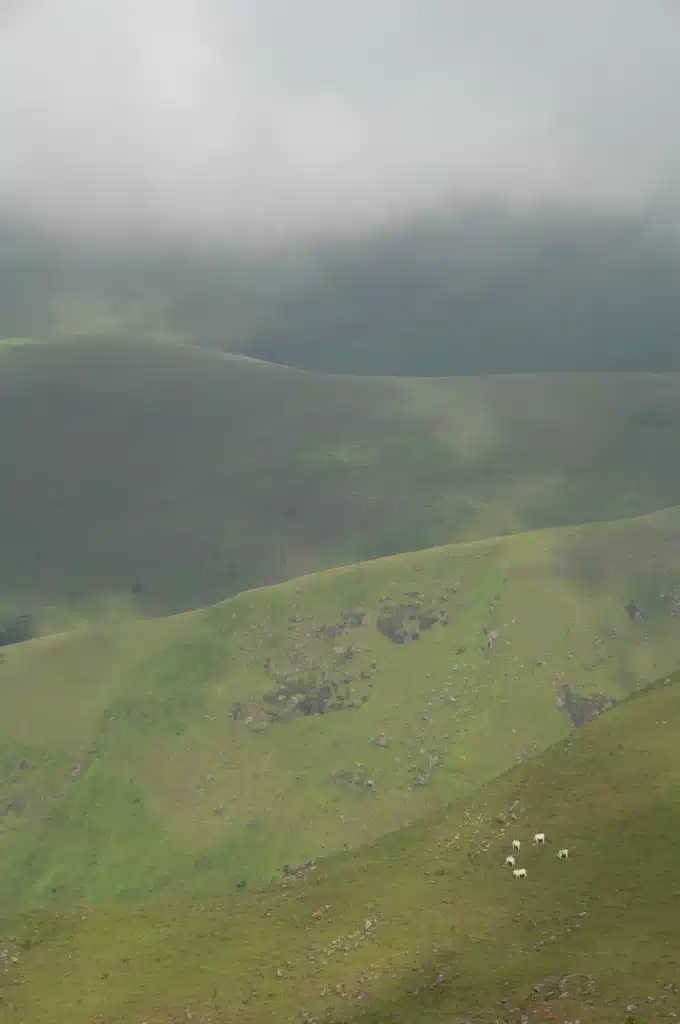
Located in Cross River State, the Cross River National Park is one park in Nigeria that’s extremely rich in wildlife. The park is home to over 300 species of birds, including the endangered gray parrot. Visitors can enjoy guided tours, birdwatching, and hiking in the park’s lush rainforests.
The best time to visit the Cross River National Park is between November and February, when the weather is dry and perfect for birdwatching and hiking.
When coming to this thrilling tourist location, visitors should pack light and comfortable clothing, hiking boots, sunscreen, insect repellent, and a hat – this will make your stay easier and more fun.
While having the best moment of your life in one of Nigeria’s natural beauty, do not wander off alone at night and be very cautious against snake bites.
As for accommodation, options include lodges, campsites, and guest houses. Popular and reliable options for accommodation in the park include the Cross River National Park Guest house and the Obudu Ranch Resort.
4. Kainji Lake National Park
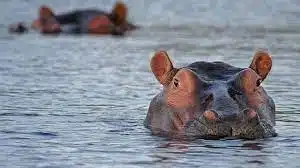
Kainji Lake National Park is located in Niger and Kwara States, covering over 5,000 square kilometers. The first national park in Nigeria is Kainji Lake, established by the military ruler General Olusegun Obasanjo in 1979.
The park is home to over 40 species of mammals, including hyenas, lions, and antelopes. Visitors can enjoy fishing, boating, and wildlife viewing in the park’s stunning landscapes.
As for Kainji Lake National Park, the best time to visit is between December and March, when the weather is dry and perfect for fishing and boating.
Visitors should pack light and comfortable clothing, hiking boots, sunscreen, insect repellent, and a hat.
Accommodation options in the park include the Kainji Lake Motel and the Kainji Lake Resort. For precaution and security, visitors should not swim in the lake and also take precautions against mosquito bites as well as wandering in the night without company or security.
5. Okomu National Park
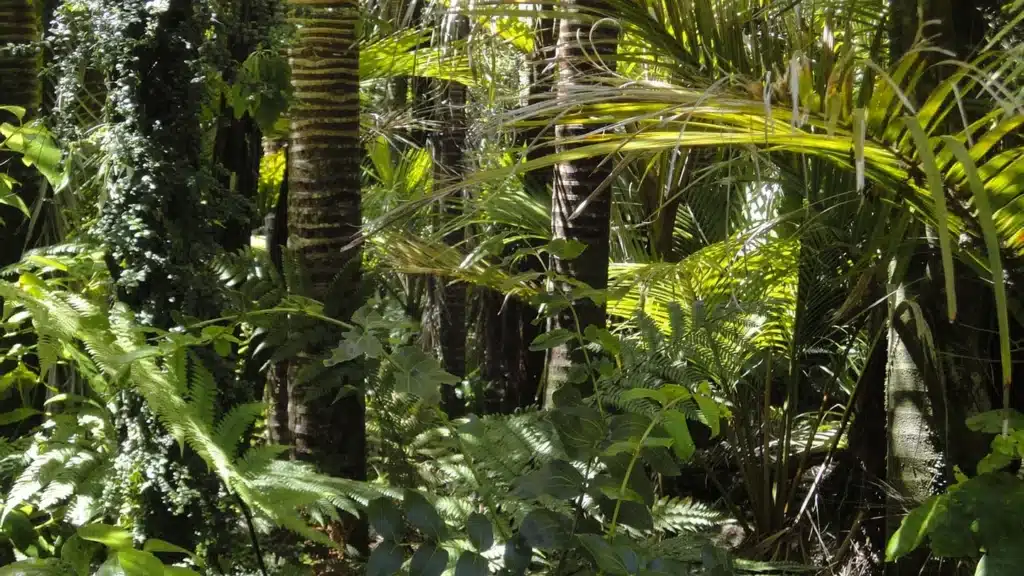
Located in Edo State, Okomu National Park is home to the endangered forest elephant and over 150 species of birds. Visitors can enjoy guided tours, birdwatching, and hiking in the park’s lush rainforests.
The best time to visit Okomu National Park is between December and May, when the weather is dry and perfect for hiking and birdwatching. Visitors should pack light and comfortable clothing, hiking boots, sunscreen, insect repellent, and a hat.
For accommodation, options include the Okomu Forest Reserve and the Oban Camp.
Visitors should seriously take precautions against mosquito bites as this area is filled with such, and moving around alone at night is not safe.
6. Kamuku National Park
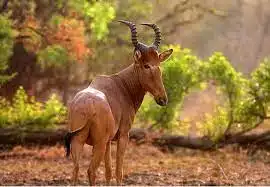
Kamuku National Park is located in Kaduna State and covers over 1,120 square kilometers. The park is home to over 20 species of mammals, including baboons, hyenas, and warthogs. Visitors can enjoy game drives and guided tours of the park’s stunning landscapes.
The best time to visit Kamuku National Park is between December and May, when the weather is dry and perfect for wildlife viewing.
Visitors should pack light and comfortable clothing, hiking boots, sunscreen, insect repellent, and a hat.
Accommodation options in the park include the Kamuku National Park Motel and the Kamuku Safari Lodge, as well as other nice lodges around.
For security, visitors should take precautions against pickpocketing and should not wander off alone at night.
7. Old Oyo National Park
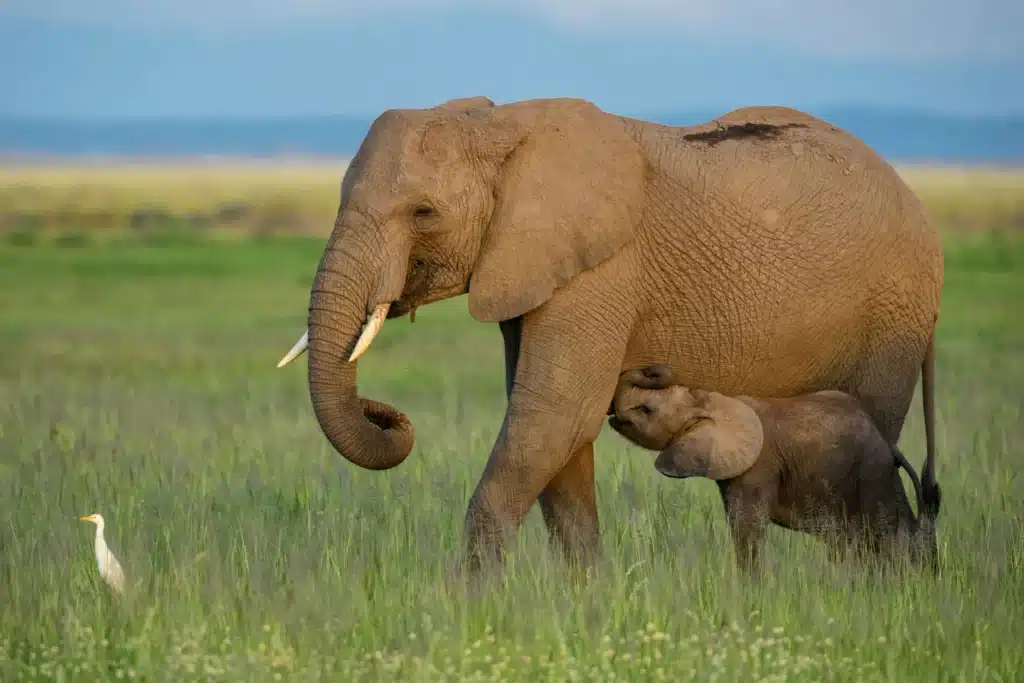
Located in Oyo State, Old Oyo National Park covers over 2,500 square kilometers. The park is home to over 50 species of mammals, including elephants, buffaloes, and antelopes. Visitors can enjoy hiking, birdwatching, and game drives in the park’s breathtaking landscapes.
If you want to visit Old Oyo National Park, which is one of Nigeria’s natural beauties, the most suitable time is between December and May, when the weather is dry and perfect for hiking and wildlife viewing.
Visitors should pack light and comfortable clothing, hiking boots, sunscreen, insect repellent, and a hat.
Accommodation options in the park include the Old Oyo National Park Guest house and the Oyo State Tourism Corporation Motel.
Visitors should take precautions against mosquito bites and not wander off alone at night.
8. Chad Basin National Park
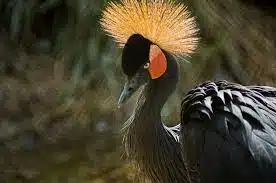
Located in Borno State, Chad Basin National Park covers over 2,250 square kilometers. The park is home to over 30 species of mammals, including giraffes, hyenas, and warthogs. Visitors can enjoy guided tours and game drives in the park’s stunning landscapes.
The best time to visit Chad Basin National Park is between December and May, when the weather is dry and perfect for wildlife viewing.
Visitors should pack light cotton clothing, comfortable hiking shoes, insect repellent, hiking boots, sunscreen, and a hat.
Accommodation options in the park include campsites and lodges. Visitors should take precautions against pickpocketing and should not wander off alone at night.
9. Kwiambana Game Reserve
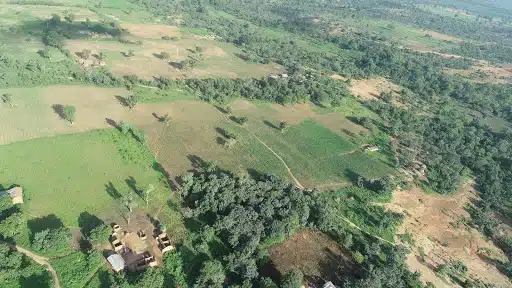
Kwiambana Game Reserve is located in Sokoto State and covers over 2,500 square kilometers. The park is home to over 20 species of mammals, including baboons, hyenas, and antelopes. Visitors can enjoy game drives and birdwatching in the park’s stunning landscapes.
The best time to visit Kwambana Game Reserve is between December and May, when the weather is dry and perfect for wildlife viewing.
Visitors should pack light and comfortable clothing, hiking boots, sunscreen, insect repellent, and a hat. Accommodation options in the park include the Kwiambana Game Reserve Lodge and the Kebbe Motel.
10. Omo Forest Reserve
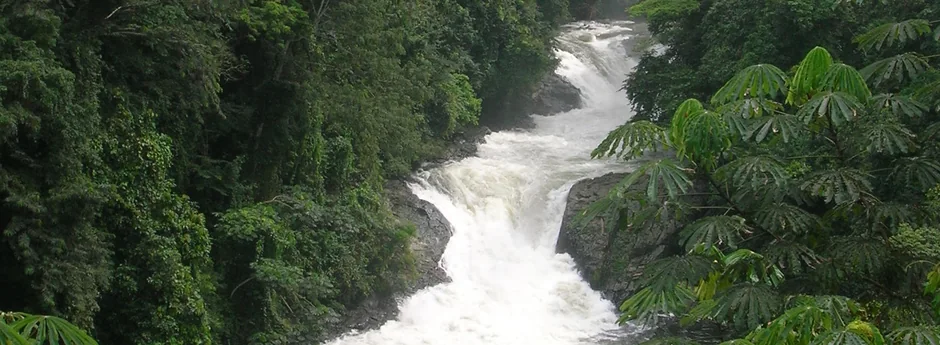
Located in Ogun State, Omo Forest Reserve covers over 1,000 square kilometers. The park is home to over 40 species of mammals, including monkeys.
The best time to visit the reserve is between December and February, when the weather is cool and dry. Visitors should pack light cotton clothing, comfortable hiking shoes, and insect repellent.
The Omo Forest Reserve gets a lot of foreign visitors, so accommodation is never a problem. You can comfortably stay in their guesthouse or the Ijebu-Jesa tourist camp during your visit.
Visitors should be aware of wild animals and keep a safe distance from them. It is also advised that visitors should stay on designated paths and avoid exploring the reserve on their own.
Challenges Facing National Parks In Nigeria
Human-wildlife conflict
Human-wildlife conflict is one of the significant challenges facing national parks in Nigeria. The growing human population, increasing demand for natural resources, and habitat fragmentation have led to an increase in human-wildlife conflict. Wildlife, such as elephants, baboons, and chimpanzees, often damage crops and property, leading to retaliation by the affected communities.
This conflict affects not only the animals but also the local communities who depend on the parks for their livelihoods.
Illegal hunting and poaching
Illegal hunting and poaching are also major challenges facing national parks in Nigeria. The illegal trade in wildlife products such as elephant tusks, rhino horns, and pangolin scales is a significant contributor to the decline of wildlife populations in Nigeria.
Poaching is fuelled by a lack of law enforcement, corruption, and poverty.
Funding and resource management
Funding and resource management are also significant challenges facing national parks in Nigeria. The parks in the country receive inadequate funding, which affects their ability to carry out their mandate effectively. Poor resource management also contributes to the challenges faced by the parks.
Lack of resources, equipment, and skilled personnel hampers the ability of national park authorities to protect wildlife and their habitats effectively. There is a need for increased funding from the government and other sources to ensure adequate resources are available to manage the parks effectively.
Conclusion
In conclusion, Nigeria is not just the giant of Africa for no reason; it’s blessed with a lot of natural attractions that have been carefully organized into national parks with uniqueness and diversity.
We have listed 10 of the must-visit national parks in Nigeria, which include the Yankari National Park, Cross River National Park, Kainji Lake National Park, Okomu National park, Kamuku, and others which are great places to visit if you are a wildlife enthusiast visiting Nigeria.
While visiting these natural beauties, ensure to come prepared with all the major necessities and also put your safety first, as we have rightly advised.
Lastly, to help the great nation of Nigeria sustain its beautiful gifts from nature, tourists can support each of the natural parks they visit in one way or another to preserve mother nature’s gifts.

